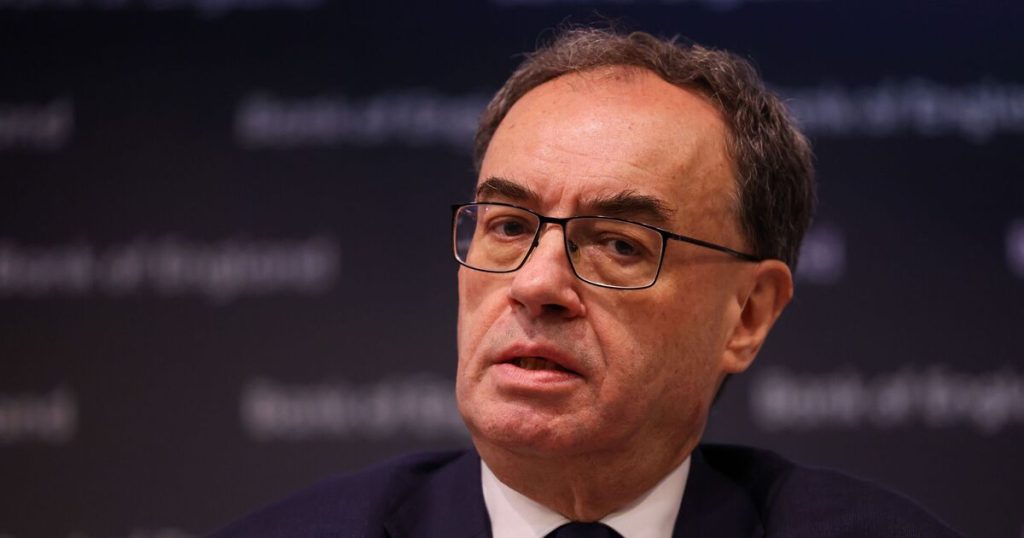
The Bank of England has warned that around 4.4 million UK households could face increases in their mortgage repayments over the next three years, which will likely spark panic among many who are always struggling to make ends meet.
The Bank’s Financial Policy Committee (FPC) revealed that this would include £500-per-month hikes for the mortgages of around 420,000 households.
Additionally, between one million and 1.5 million people are expected to experience a second increase, having already fixed their rates at higher levels since interest rates began rising in mid-2021.
By the final quarter of 2027, an estimated 31% of all mortgages, or 2.7 million people, will refinance onto rates above 3% for the first time.
Despite these challenges, the Bank emphasised that UK lenders are well-positioned to support households and businesses, even if economic conditions worsen.
The latest Financial Stability Report also showed that most households have already seen an increase in their mortgage rates since borrowing costs began rising significantly.
After sharp hikes in 2022 and 2023, interest rates began to fall earlier this year from a 16-year-high of 5.25%, with two recent cuts bringing the base rate down to 4.75%.
Approximately 37% of mortgage holders have yet to fix their rates since the upward trend began in 2021.
The report also forecasts that a typical household coming off a fixed-rate mortgage in the next two years will face an increase of £146 per month, lower than the previous estimate of £180 in June.
In contrast, around 27% of mortgage holders, or 2.4 million people, are expected to see a reduction in their monthly payments before the end of 2027, reflecting a shift from previous trends.
The Bank of England has highlighted that the overall risk environment for both the economy and the financial sector has intensified over the past six months, following a slew of new government elections worldwide.
Officials from the Bank have raised alarm bells regarding increasing risks to the financial system from various sources including wars, trade tensions, and cyber threats, underscoring growing geopolitical strains as a “significant” threat to banking and general financial stability.
In their statement, Bank officials noted: “Following elections in many countries, a range of macroeconomic and financial policies may change under newly-elected governments.”
A survey amongst finance institutions like banks and asset managers revealed “the proportion of those citing geopolitical risks reached its highest level” the poll has ever recorded.
This worrying development coincides with recent escalations in Russia’s conflict in Ukraine, persistent warfare in the Middle East, and potential exacerbation of US-China relations.
Meanwhile, US President-elect Donald Trump has made waves by promising to impose larger-than-anticipated import tariffs on Canadian, Mexican, and Chinese goods, sparking global trepidation of looming trade confrontations.
Within its Friday report, the Bank didn’t directly name Mr Trump, but signalled to the “potential to increased global fragmentation” in trade, marking just one aspect of the broader geopolitical challenges at hand.
The report highlighted that trade fragmentation “poses risks to UK financial stability” and might also “make it harder to achieve an orderly transition to net-zero greenhouse gas emissions”.






